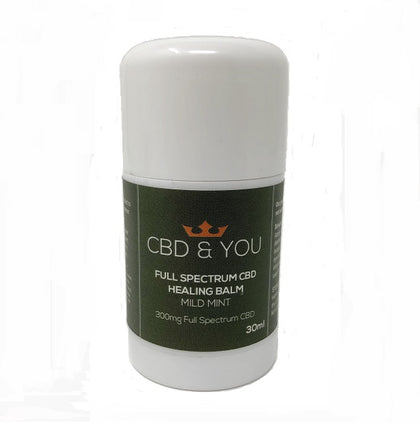Wylde Blogs
CBD Explained: What is CBG?
What is CBG? CBG stands for Cannabigerol and is often referred to as a minor cannabinoid. However, this is because in traditional cultivation of the plant the CBG content is around just 1%. Since the cultivation of CBD and its popularity, it has allowed CBG to shine and in hemp plants produced for CBD purposes the contents of CBG is much higher.
CBD (Cannabidiol) is the most prominent cannabinoid molecule found in the hemp plant but it is not alone. There are over 100 cannabinoids found and research is still ongoing to discover more information and potential benefits they could offer. Aside from CBD and THC, other cannabinoids are starting to get noticed and in this blog post, we are going to look at CBG.
Like CBD, it is non-psychoactive, which means it will not produce any intoxicating effects. CBG is actually one of the first compounds to develop in the formation of the plant (stem cell) and as it grows, the enzymes break down into THC, CBD or CBC. This makes CBG like the granddaddy of cannabinoids and it is vital into the full formation of the plant.

Studies and Benefits of CBG?
There have already been a number of studies to support the potential benefits of CBG. For instance, a study on cannabinoids for treating Glaucoma found that CBG can reduce intraocular pressure in the eyes. [1]
A 2015 study on Mice with Huntington’s disease (brain nerve cell degeneration) found that CBG was able to protect neurons. [2]
A study in Europe on cannabis sativa found that CBG as well as other cannabinoids, can be an effective antibacterial agent especially against MSRA. [3]
Further studies have found CBG to be successful in appetite stimulation and IBS [4] whilst another showed that Cannabigerol tested the best in inhibiting muscle contractions with bladder dysfunction disorders. [5]
CBG is also said to be useful as an analgesic, therapy for psoriasis, and as an antidepressant. We are excited at what further studies and research can show us about cannabigerol.
Are you looking for a CBD product containing CBG? Then take a look at Canavape Complete E-Liquid range for vaping preferences or alternatively, you can take a look at ECS CBD + CBG Oral Drops.
Sign up to ours Newsletter at the bottom of our Homepage to stay informed as new studies and articles are released on this increbibly interesting research.
References:
[1] Klin Oczna. 2008;110(7-9):314-7.
[Possibilities of applying cannabinoids' in the treatment of glaucoma]
Nadolska K1, Goś R.
[2] Neurotherapeutics. 2015 Jan;12(1):185-99. doi: 10.1007/s13311-014-0304-z.
Neuroprotective properties of cannabigerol in Huntington's disease: studies in R6/2 mice and 3-nitropropionate-lesioned mice.
Valdeolivas S1, Navarrete C, Cantarero I, Bellido ML, Muñoz E, Sagredo O.
[3] J Nat Prod. 2008 Aug;71(8):1427-30. doi: 10.1021/np8002673. Epub 2008 Aug 6.
Antibacterial cannabinoids from Cannabis sativa: a structure-activity study.
Appendino G1, Gibbons S, Giana A, Pagani A, Grassi G, Stavri M, Smith E, Rahman MM.
[4] Biochem Pharmacol. 2013 May 1;85(9):1306-16. doi: 10.1016/j.bcp.2013.01.017. Epub 2013 Feb 12.
Beneficial effect of the non-psychotropic plant cannabinoid cannabigerol on experimental inflammatory bowel disease.
Borrelli F1, Fasolino I, Romano B, Capasso R, Maiello F, Coppola D, Orlando P, Battista G, Pagano E, Di Marzo V, Izzo AA.
[5] Nat Prod Commun. 2015 Jun;10(6):1009-12.
Effect of Non-psychotropic Plant-derived Cannabinoids on Bladder Contractility: Focus on Cannabigerol.
Pagano E, Montanaro V, Di Girolamo A, Pistone A, Altieri V, Zjawiony JK, Izzo AA, Capasso R.

